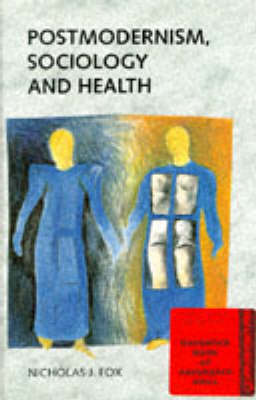Postmodernism and post-structuralism challenge fundamental positions in social theory. This book sets out of the components of a postmodern social theory of health and healing, deriving from theorists such as Derrida, Deleuze and Guattari, Foucault, Cixous and Kristeva. The body of the patient is inscribed by discourses of professional "care" as well as by pain and suffering. Rejecting simple determinism, the author explores the character of this power - and how it may be, and is, resisted. The book illustrates with detailed examples how the organization of health care and the caring relationship itself are sites for this contest of power. Elements of feminist theory, and Derridean concepts of differance and intertextuality supply the framework for the politics and ethics of the postmodern position on health. Deleuze and Guattari's radical challenge to psychoanalysis and familial repetitions within the healer/patient contact allows a re-reading of central ideas in medical sociology. While focusing on the possibilities of postmodern social theory, the book demands a re-appraisal of issues of structure, identity and knowledge in modernist medical sociology.
Modernist sociology - it suggests - has been complicit in the creation of "the patient" and of "health" and "illness". Written with an emphasis on accessibility, the book explores the practical consequences of postmodern theory as well as familiarizing the reader with the concepts of postmodernism.
- ISBN10 0335190464
- ISBN13 9780335190461
- Publish Date 1 September 1993
- Publish Status Out of Print
- Out of Print 17 November 2004
- Publish Country GB
- Imprint Open University Press
- Format Hardcover
- Pages 160
- Language English
